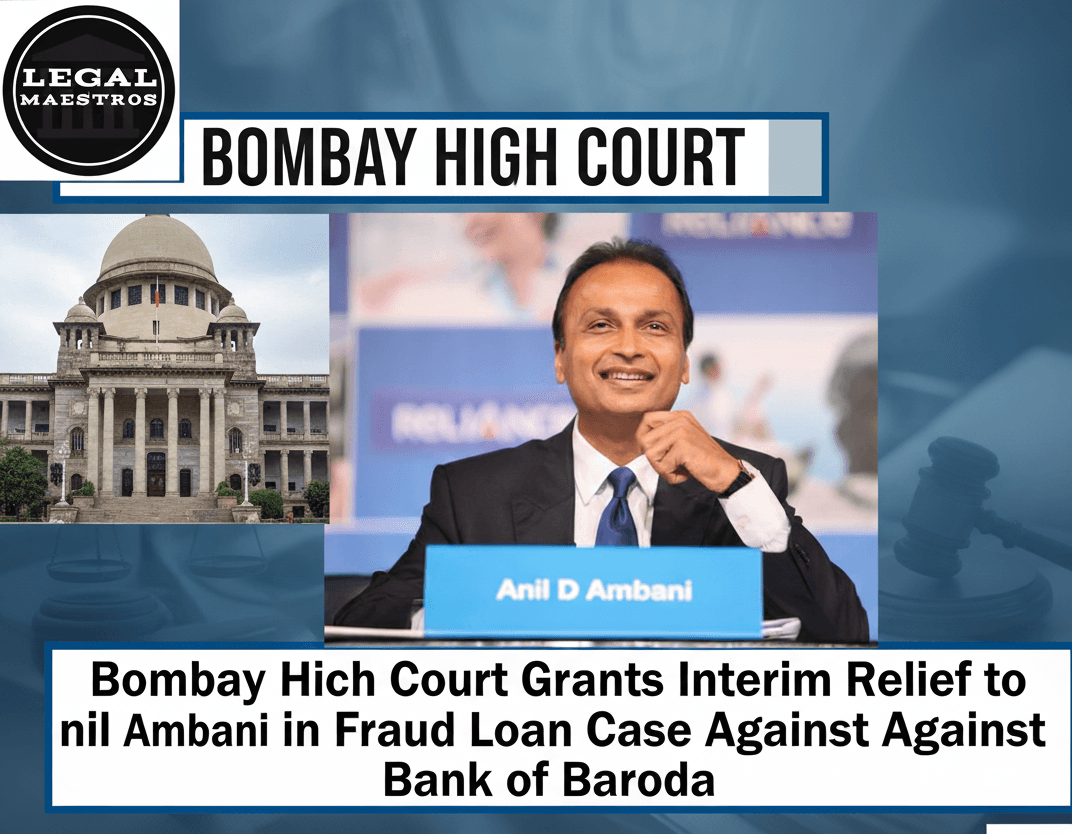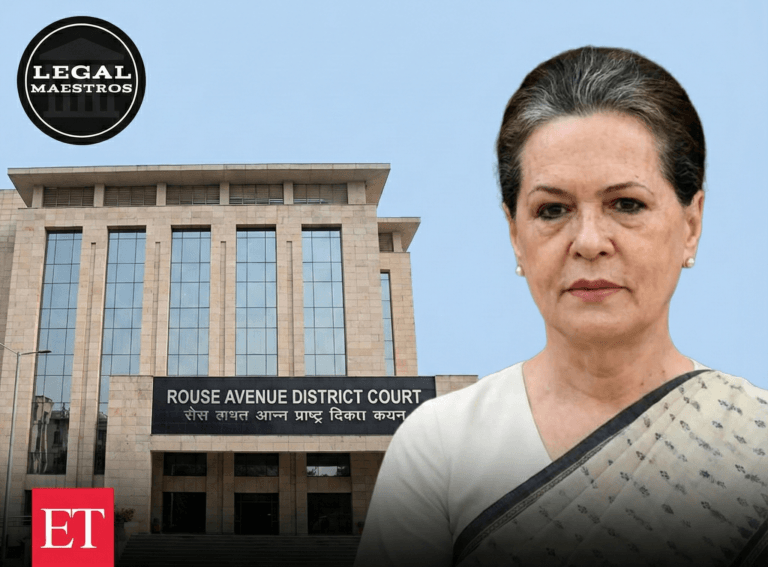
Bombay High Court Grants Interim Relief to Anil Ambani in Fraud Loan Case Against Bank of Baroda
A Temporary Reprieve: The Bombay High Court’s Interim Relief
Bombay High Court has given interim relief to industrialist Anil Ambani in a court case with the Bank of Baroda (BoB). The court has instructed the bank not to take any forceful measure against him pending the next hearing. This will be in place of the loan accounts of his company, Reliance Communications, and those of Ambani himself, which BoB has classified as fraudulent. The ruling offers a placebo of not immediate punishment, a second criminal case, or regulation and serves as a reminder of the judiciary in allowing due process and fairness, even in a complicated financial case.
The Heart of the Legal Battle
The conflict can be traced to BoB decision to declare the loan accounts as fraudulent due to such reasons as the diversion of loan proceeds and misuse of inter-corporate deposit. This was done following a Reserve Bank of India (RBI) master circular which gives the guidelines that banks should follow to declare accounts as fraudulent. Nonetheless, this order was appealed by the legal team of Ambani who claimed that BoB was not legal in doing this due to the fact that it did not belong to the same consortium of banks that referred to the forensic audit report. They argued that the bank was doing so without the appropriate authority, and this is one of the main aspects of the future legal proceedings.
The Court’s Directive and the Bank’s Response
The Bombay High Court having heard the preliminary arguments allowed the Bank of Baroda up to September 23 to submit an affidavit in response to the petition submitted by Ambani. The bank, in its turn, pledged to the court that it would not do anything further on the case until the next hearing, which will occur on September 24. This confidence was a major element that made the court give the interim relief. The court acknowledged that it was appropriate to allow the bank to be heard and at the same time not to allow the petitioner to face instant and possibly irreversible action. It is a procedural action that is most likely to happen in a court of law in order to preserve the status quo in the process of the case being heard.
For any queries or to publish an article or post or advertisement on our platform, do call at +91 6377460764 or email us at contact@legalmaestros.com.
Broader Implications of the Judgment
Although the court ruling is merely a provisional one, it is more wide-ranging to the banking and business arena. In the case, the legal issues that may be encountered because of the action taken by a bank to declare loan account as fraudulent are emphasized, especially in situations where there are differences regarding the procedural issues and authority. This case can have a precedent on other disputes of the same nature in future and possibly some banks and companies may change the way they deal with such classification in future. It is also raising the issue of the interpretability and application of the master circular by the RBI to various financial institutions. These controversial things will have a lot of clarity in the judgment of the final judgment.
The Role of the Judiciary in Financial Disputes
The immediate action of the Bombay High Court proves that the judicial system plays a significant role in overseeing activity of financial institutions and being able to make sure that the latter comply with the law and legal aspects of their operations. The court has allowed both parties a platform to put forward their arguments in a systematic way by offering some relief, so as to avoid an unfair advantage by any of the parties. The case one is not merely concerning a high-profile person; it is concerning the core values of a justice, fairness and rule of law in the world of business. The case will be a historic case in the field of finance and corporate governance when the final decision is made.





